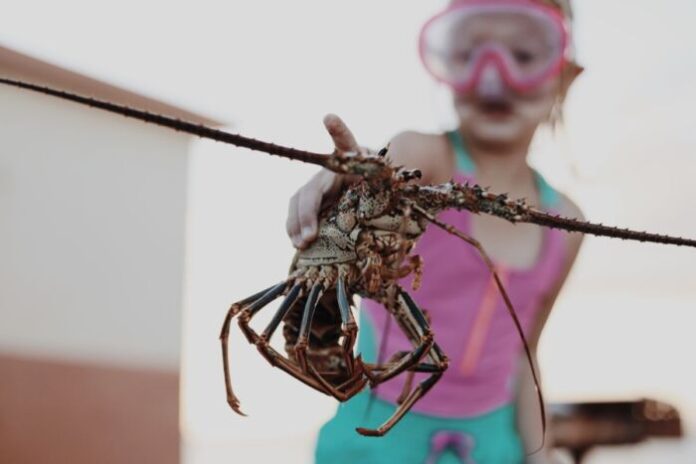
Bucket, net and go to those who catch and show as many marine animals as possible: crabs, minnows, shrimp or jellyfish. Year after year it seems that “torture in the bucket” is an indispensable “tradition” that animates the beaches of all Italy. The alarm is issued by the Enpa, which lashes out hard against the practice of capturing marine animals and putting them, even temporarily, in buckets.
A harmful habit that “is handed down from father to son. Yes, because to show the art of “fishing” with the net are the parents – writes on its website the National Animal Protection Authority – “But then we put them back at sea” is among the most popular phrases by those who practice these cruel “games”. To hear the umbrella chatter, then, is the most normal thing in the world. Instead few know that in Italy all animals, including sea inhabitants like jellyfish, fish or molluscs, are protected and cannot be captured or imprisoned, even temporarily! In fact, it is an offense under the Criminal Code article 544 bis and ter “.
This is also why the Enpa has decided to remember once again at least six good reasons why it is important to say enough about games with marine animals and to start teaching respect from an early age.
1) Taking a crab, a starfish or any other sea animal and putting them in the bucket is equivalent to their certain death, even once freed! The water inside the bucket in fact reaches high temperatures quickly, without the children being able to realize it. Forty degrees can be fatal for sea dwellers!
2) For crabs, jellyfish and small fish victims of the nets, the buckets represent a real torture. Yet we let our children catch them and keep them in the sun quietly, perhaps by turning them with shovels or rakes. We ask ourselves: would you voluntarily teach your children how to torture an animal?
3) Children who respect animals, all animals, even those who live in the sea, are better adults. Among the many to affirm this, there is also a study by researchers from the University of Cambridge which highlights how friendship with an animal develops respect for others in the child and the ability to relate to the world in a balanced way.
4) Sea animals have many stories to tell. Did you know that jellyfish are among the oldest animals in the world? And that killer whales can swim even while sleeping? While half the brain takes a nap, the other half stays awake. And that to detect fish, a dolphin emits up to 1000 clicks per second? And that octopuses have blue blood and three hearts, one of which stops beating when they swim?
5) There are more fun and educational ways of playing at sea. Underwater photos, the race to find and see more inhabitants of the sea, collect shells on the beach, discover the seabed with the mask. These are just some of the examples of the thousands of activities that can be done with respect for the sea and its inhabitants.
6) The sea and oceans cover 70% of the planet and produce 50% of the oxygen we breathe. To respect the sea and its inhabitants is to respect ourselves and the people we love.






































